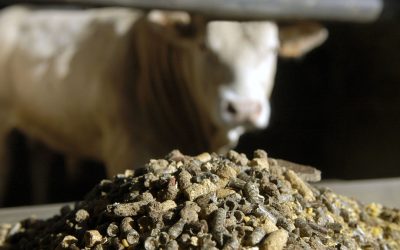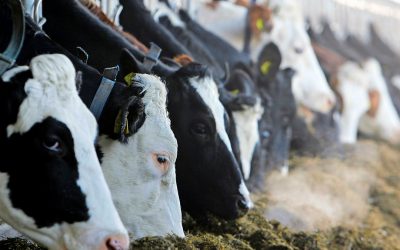Russia has potential to become leading wheat exporter
A new report from CompaniesandMarkets indicates that Russia has tremendous potential in wheat growing and might become world’s most important exporter of wheat by 2013.
Despite having 10% of the world’s arable land while accounting for only just over 2% of the world’s population, Russia is a net food importer.
In the new Russia Agribusiness Report for Q409, CompaniesandMarkets (C&M)examines why this is the case and what challenges Russian agriculture will face as the country attempts to reassert itself as an agricultural power.
The global recession is creating particular problems and the report examines the government’s role in trying to bolster and protect domestic agricultural production at this difficult time. However, we also consider the successes. Grain production has been making great strides.
While production of wheat, barley and corn is likely to drop in 2009/10 due to lower yields and some Spring crop drought damage (following a bumper harvest last year) C&M forecasts that by 2013 Russia will be one of the world’s top wheat exporters.
In June 2009 Reuters reported President Dmitry Medvedev as saying that Russia plans to raise its grain output by about 25% to 133-136mn tonnes in the years ahead and contribute to global food security .
After the fall of the Soviet Union in 1991 Russia became a large net food importer.
Shake out
Since the end of the 1990s, however, things have begun to turn around. As unprofitable operators have been forced out of business, those that have survived have become more efficient and large corporate farms have emerged.
Russia’s Federal State Statistics Service show that the percentage of agricultural output in value terms produced by larger concerns (agricultural organisations) rose from 41.2% in 2005 to 43.4% in 2007 and the percentage for household farms fell from 53.2% in 2005 to 49.6% in 2007 .
C&M expects grain production to expand rapidly thanks largely to support by the government which has been implementing plans to increase the use of higher yielding seeds, allow the greater use of fertiliser and encourage investment in machinery.
An estimated RUB12bn (US$468mn) was poured into the industry between 2005 and 2007 improving crop yields and attracting the attention of foreign investment.
Pava at forefront
The Moscow Times, quoting Reuters, reported in March 2009 that Russian grain processor Pava is looking for potential foreign investors to help triple the amount of farmland under its control.
A company director was quoted as saying that the firm hopes for a tenfold increase in grain production by restoring fallow land in Siberia.
Cargill investment
US agribusiness giant Cargill’s new feed mill, reportedly capable of turning out 250,000 tonnes of feed a year, will complement Russia’s quest to become self-sufficient in livestock production.
According to the company, the mill will produce nutritional feed and value-added ingredients, lowering costs for producers having to import such inputs. Cargill has a growing number of feed plants in this part of the world.
Land reform
Agricultural expansion could substantially benefit from Putin’s latest land reform legislation which means that for the first time since 1917 Russia will permit the trading of national farmlands.
This could go a long way towards attracting the types of investment that can help Russia fulfil its vision of being a major global agricultural player. The land reform could lead to over 400 million hectares of crop acreage being sold.
United Grain Company
The government is hoping that the establishment of the United Grain Company will help boost grain production and exports further.
According to a United States Department of Agriculture (USDA) report, in March 2009 President Medvedev signed a decree establishing the company, the main priorities of which will be to increase the purchasing and selling of grain on the domestic market, increase grain exports and modernise and construct new elevators and port terminals.
The report states that the government has nine months in which to develop the company’s trading strategy for 2009-2012 and 2013- 2015 and find some private funding.
The division between state and private ownership, as well as details on strategy and the company’s role in the grain market are not yet clear.
There are of course fears that greater government involvement could politicise grain exports, as has happened with energy in recent years.
More info: Russia Agribusiness Report Q4 2009:











